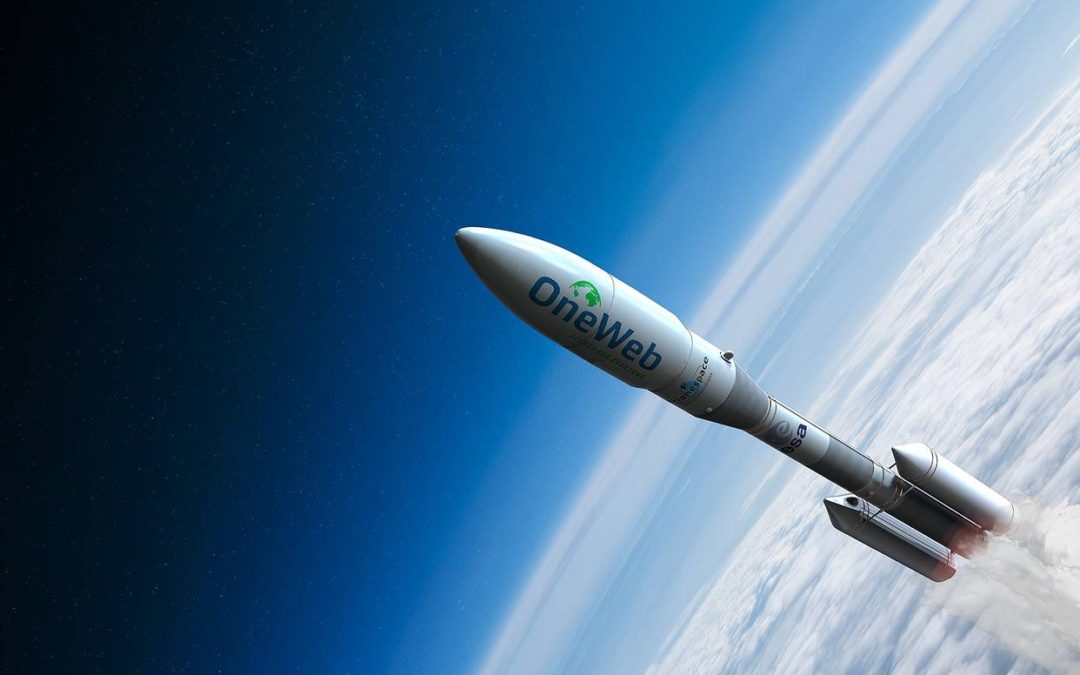Japan’s SoftBank Group Corp. is pumping $1 billion into OneWeb Ltd., which aims to use hundreds of satellites to provide internet access in rural areas and developing countries, in a fundraising round that values the startup at roughly $2.5 billion.
OneWeb’s current investors are also giving $200 million in the latest fundraising, the company announced Monday. The fresh funds ensure that OneWeb has the firepower to build and launch more than 640 satellites by the beginning of the next decade. The company’s goal is to offer fast internet-via-space connectivity to everything from vehicles in urban areas to rural homes in the U.S. and schools in developing countries.
SoftBank, an early financial backer of some of the largest internet companies on both sides of the Pacific, is set to become the fledgling company’s largest shareholder with a roughly 40% stake, said Greg Wyler, OneWeb’s founder, executive chairman and chief architect.
The partnership gives Mr. Wyler’s team—which also counts British billionaire Richard Branson, Qualcomm Inc. and several other U.S. and foreign companies as backers—momentum to deploy the planned satellites while accelerating work on faster, more capable technology. OneWeb’s rivals include billionaire entrepreneur Elon Musk’s Space Exploration Technologies Corp, or SpaceX, which has announced preliminary plans to launch as many as 4,000 satellites, and Boeing Co.
For SoftBank, OneWeb could create synergies with the mobile-phone businesses and portfolio of technology companies the Japanese telecommunications and internet conglomerate has assembled over the years. SoftBank is now putting its heft squarely behind a proposed constellation of low-earth orbit satellites unlike any previously launched.
“OneWeb is a key strategic investment for us to connect many of our portfolio companies,” SoftBank Chief Executive Masayoshi Son said in an interview.
OneWeb, which previously announced a joint manufacturing venture with Airbus Group SE, is building a highly-automated manufacturing facility in Florida intended to churn out modular satellites faster and cheaper—projected to be under $1 million each—than ever before. The concept is designed to shake up the industry by introducing manufacturing procedures akin to those currently used for medical devices or airplane…

